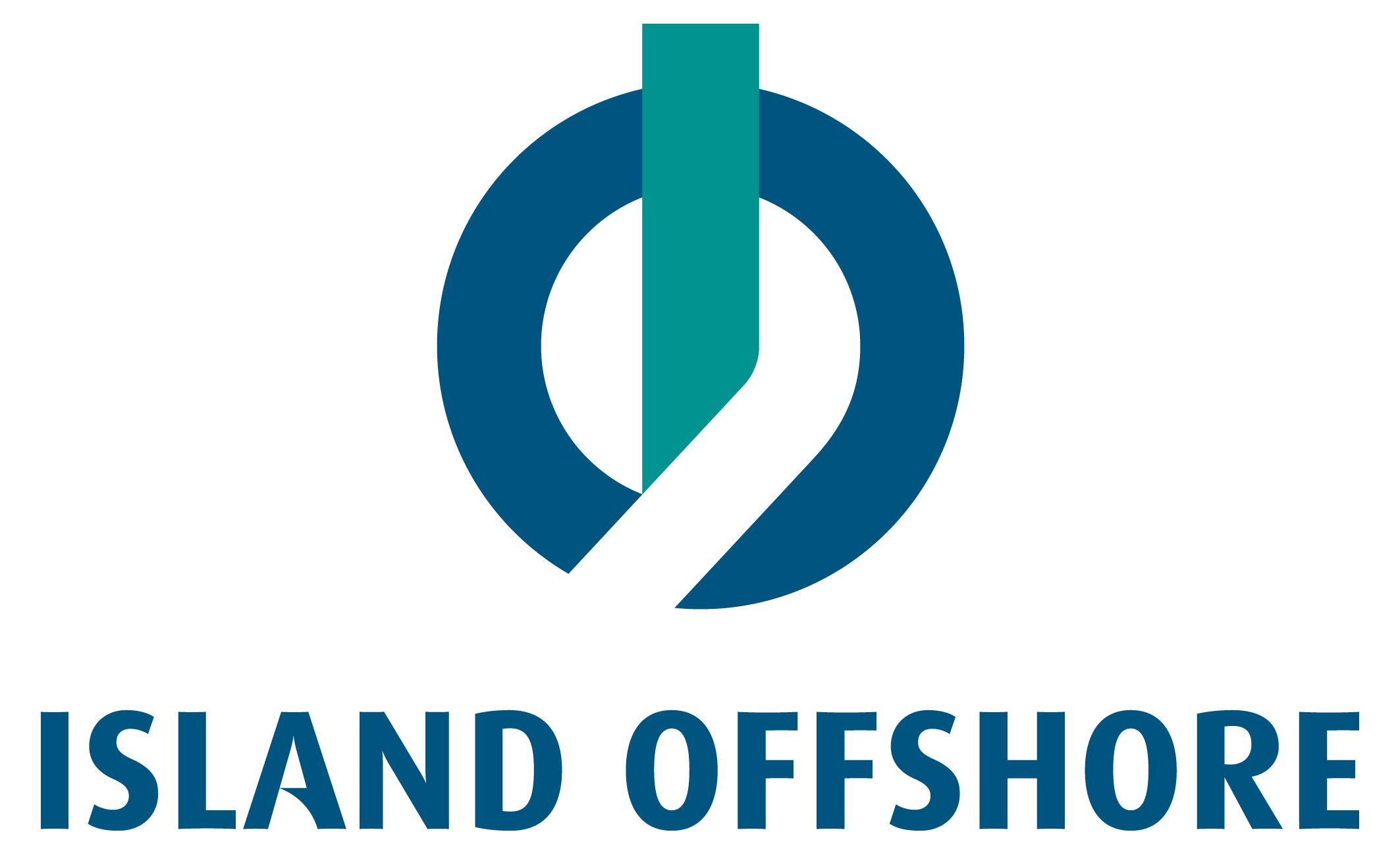Anti corruption and bribery policy
Corruption and bribery is a significant obstacle for social and economic development, especially in poor countries with a vulnerable population and weak systems to prevent, monitor and criminalize corruption. Corruption is commonly defined as receiving or accepting an offer for an excessive or undue advantage in connection with a position, duty or task. The equivalent applies for offering such excessive or undue advantage.
The most important international laws and conventions on anti-corruption are:
- OECD Convention (1997)
- The European Council’s criminal law convention on corruption (1999)
- United Nations Convention Against Corruption (UNCAC, 2003)
Norway ratified the OECD convention in 1998 and later Norwegian law has been significantly tightened through implementation of the EC criminal law convention. The United Nations Convention against Corruption (UNCAC) came into force in mid-December 2005. It is the most comprehensive anti-corruption convention, both in scope of State Parties and provisions. It covers a wide range of offences, including domestic and foreign bribery, embezzlement, trading in influence, as well as the concealment and laundering of the proceeds of corruption. Furthermore, it contains provisions covering the detection and sanctioning of corruption, as well as the promotion of transparency and technical assistance.
Island Offshore is fully committed to comply with Norwegian law, international conventions and recommendations contributing to increase awareness of and prevent corruption activities. This is supported by our core values and business objectives, and our employees are committed to comply with this value statement and the ethical guidelines underpinning our business.
Island Offshore has a zero tolerance policy on corruption and breaches of this policy will imply disciplinary actions for our staff. Our leaders shall be aware of and understand our business exposure to corruption and bribery and shall inform our employees and monitor our business accordingly. Further, our policies shall be implemented through in employee introduction and training programs, purchasing procedures and market activities. Internal audit procedures shall be adopted to verify compliance with our policies.
Any potential violations identified and other observations made can be directed on an anonymous basis to the Company’s Designated Person.
